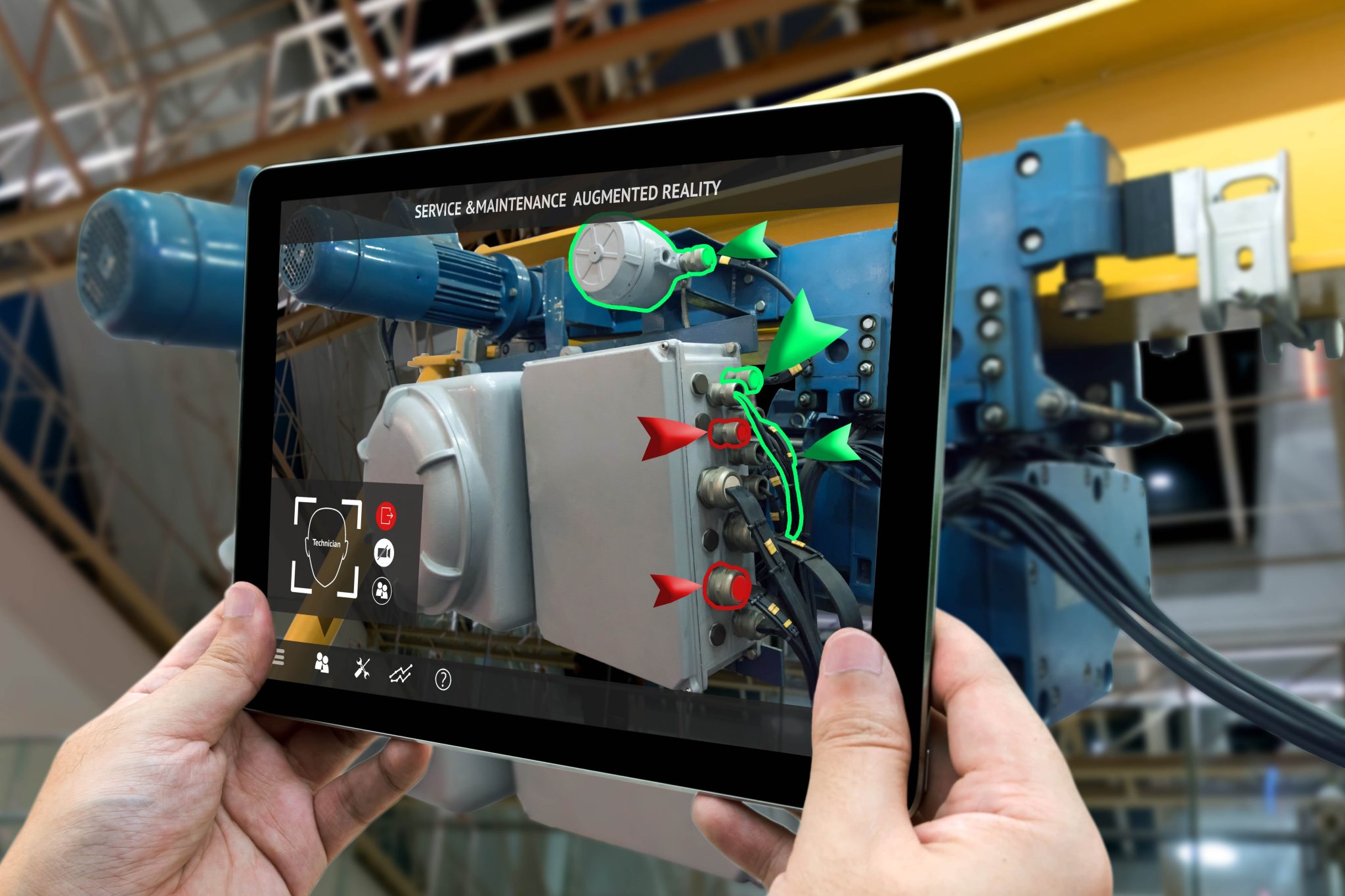

The new world of business is becoming more wireless. As a result, networks have been cost-effective, expansive, and integrative. Whether you work in the healthcare, industrial, retail, or hospitality sectors, keeping your clients and employees engaged through wireless networking is crucial to your business.
But to build streamlined and optimized wireless networks that stand the test of time requires efficient engineering wireless services (EWS). While EWS solutions may vary depending on bandwidth, budget, and environment, the benefits are the always same—vast and diversifying.
What Are Engineering Wireless Services?
Engineering wireless services (EWS) address the design, use, and application of wireless communication systems. They explain the activities going on in non-cable-enabled technologies to solve wireless problems.
EWS works by using radio signals for seamless communication. In other words, when a computer system sends out binary data, such data is transformed by EWS into default radio signals for machine coherence through a wireless router. That way, networks are improved, and information is passed on more efficiently.
There are two main connectivity components of wireless engineering services, namely access points (wireless routers) and wireless clients. Access points facilitate the sending and receiving of information within a defined network community. On the other hand, the wireless client is a tag name for all kinds of devices that receive and transmit data within an access point. Merging both creates an integrated and seamless engineering wireless service.
Benefits Of Engineering Wireless Services
Engineering wireless services have several use cases, especially in cellular networks. They’ve been behind the growth and development of network capacities, such as 5G, blockchain infrastructures, and network security. Their benefits to individuals, firms, and the government include:

- Wider Network Coverage
Engineering wireless services (EWS) works through several layers of wireless network design and distributed systems. Through system expansion, network coverage is improved. The connection and communication range across multiple areas are also made more effective.
- Heightened Network Security
A great wireless network system often means one thing: improved security. When networks are consistent with operations, hackers find it difficult to get into the system. In fact, the higher the network frequency, the more secure it gets. And how else can system security be improved if not through effective engineering wireless services?
- Faster Decision-Making
When network coverage is vast, secure, and overreaching, decision-making hardly lags. Instead, decisions are made promptly, easily, and more efficiently. When this happens, there’s bound to be improved user engagement, business productivity, and operational efficiencies.
- Better User Experience
Without a doubt, every company, sector, and industry has a target audience. The audience can be business to business (B2B) or business to customers (B2C). Whichever way it goes, the target audience is in search of an improved digital experience that only effective engineering wireless services can provide. And of course, when user experience is positive, brand perception, and patronage will essentially be positive, leading to more sales and profits.
- Improved System Integration
Self-sufficient businesses have nothing else to do than to scale. They feel the need to expand into other regions, systems, and fields. When this happens, they attempt system integration to keep the whole process unified. System integration, however, cannot be accomplished without the necessary wireless engineering services.
To assess system functionality and assure better integration, EWS employs predictive design and heat mapping.
- More Business Opportunities
When you can access users across several regions due to network speed and accessibility, your products can reach more audiences. You can also explore gaps and fill them by creating more products and leveraging your reach. Therefore, your business opportunities know no bounds with EWS.
- Improved Project Delivery
No single project is done without sound network systems. In fact, poor networks often lead to project failures. Excellent project management requires wireless engineering services due to their accessibility, flexibility, and security. There’s also the thrill of coverage and cost-effectiveness. Thus, adopting EWS ensures proper project management and improves project delivery.
- Ease And Convenience
If there’s anything incredible about wireless technology, it’s mobility. With EWS, there’s a sense of freedom from unsightly wires. Independence is even more pronounced on mobile devices, which can be moved from one place to another. Thus, EWS improves the ease and convenience of network usability and applications.
- Higher Network Efficiency
Every listed benefit of EWS points to one extremely beneficial advantage, which is efficiency. When networks are secure and systems are optimized, efficiency is the end product. With improved efficiency, you can worry less about errors and low sales. Instead, the focus would be on scalability and customer retention.
Conclusion
Engineering wireless services (EWS) work through wireless communication systems. Therefore, their benefits are immense and relevant to individuals, firms, and governments. When properly installed, the end product of every EWS is operational efficiency.